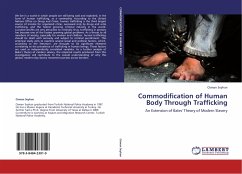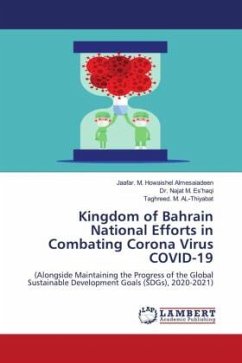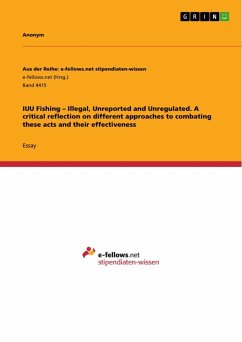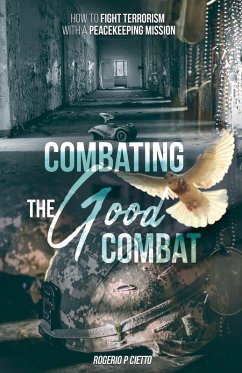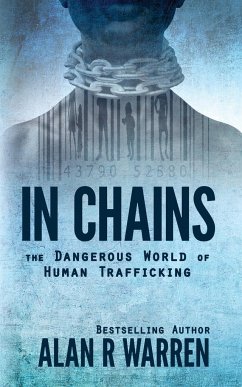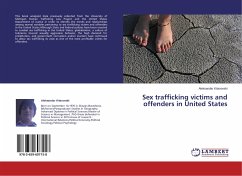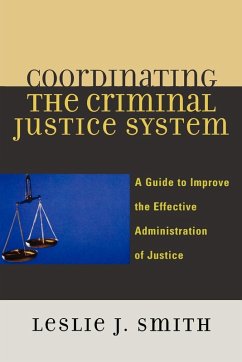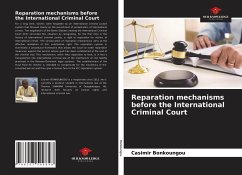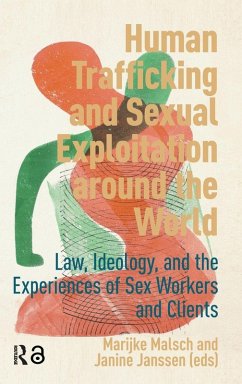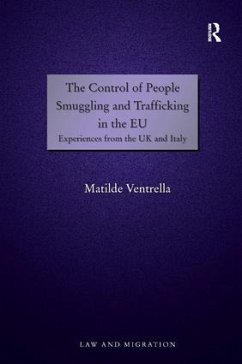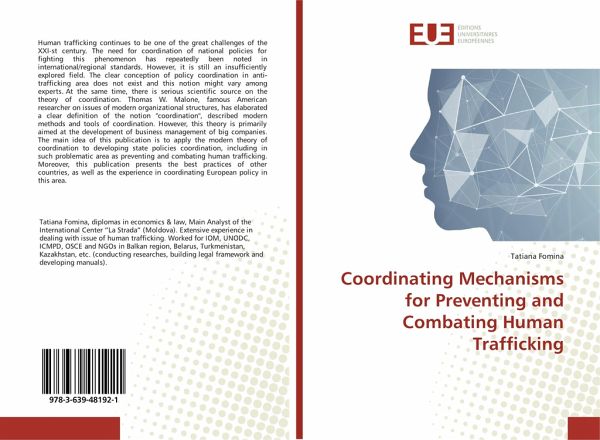
Coordinating Mechanisms for Preventing and Combating Human Trafficking
Versandkostenfrei!
Versandfertig in 6-10 Tagen
27,99 €
inkl. MwSt.

PAYBACK Punkte
14 °P sammeln!
Human trafficking continues to be one of the great challenges of the XXI-st century. The need for coordination of national policies for fighting this phenomenon has repeatedly been noted in international/regional standards. However, it is still an insufficiently explored field. The clear conception of policy coordination in anti-trafficking area does not exist and this notion might vary among experts. At the same time, there is serious scientific source on the theory of coordination. Thomas W. Malone, famous American researcher on issues of modern organizational structures, has elaborated a cl...
Human trafficking continues to be one of the great challenges of the XXI-st century. The need for coordination of national policies for fighting this phenomenon has repeatedly been noted in international/regional standards. However, it is still an insufficiently explored field. The clear conception of policy coordination in anti-trafficking area does not exist and this notion might vary among experts. At the same time, there is serious scientific source on the theory of coordination. Thomas W. Malone, famous American researcher on issues of modern organizational structures, has elaborated a clear definition of the notion "coordination", described modern methods and tools of coordination. However, this theory is primarily aimed at the development of business management of big companies. The main idea of this publication is to apply the modern theory of coordination to developing state policies coordination, including in such problematic area as preventing and combating human trafficking. Moreover, this publication presents the best practices of other countries, as well as the experience in coordinating European policy in this area.



